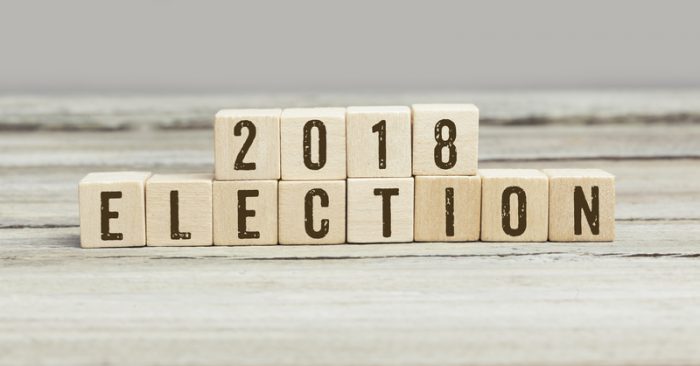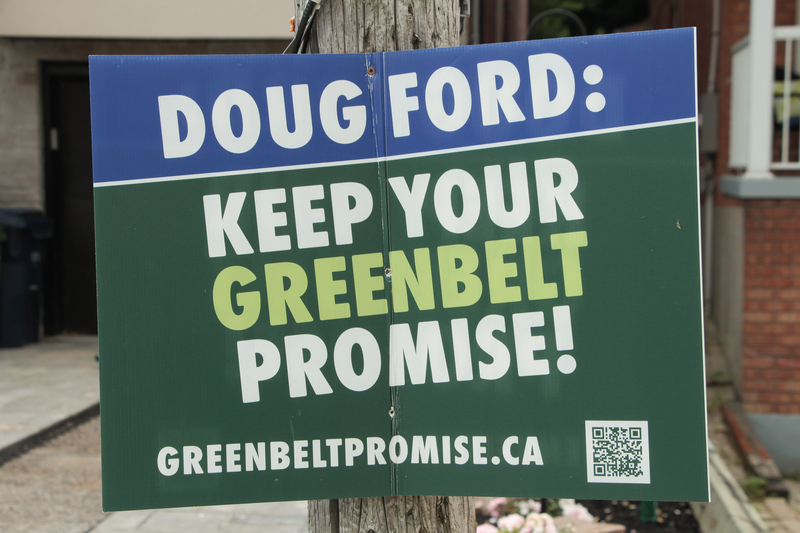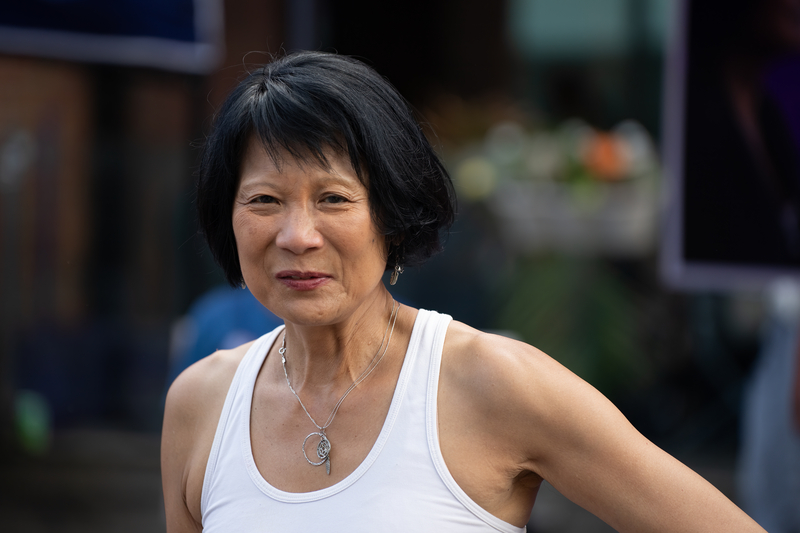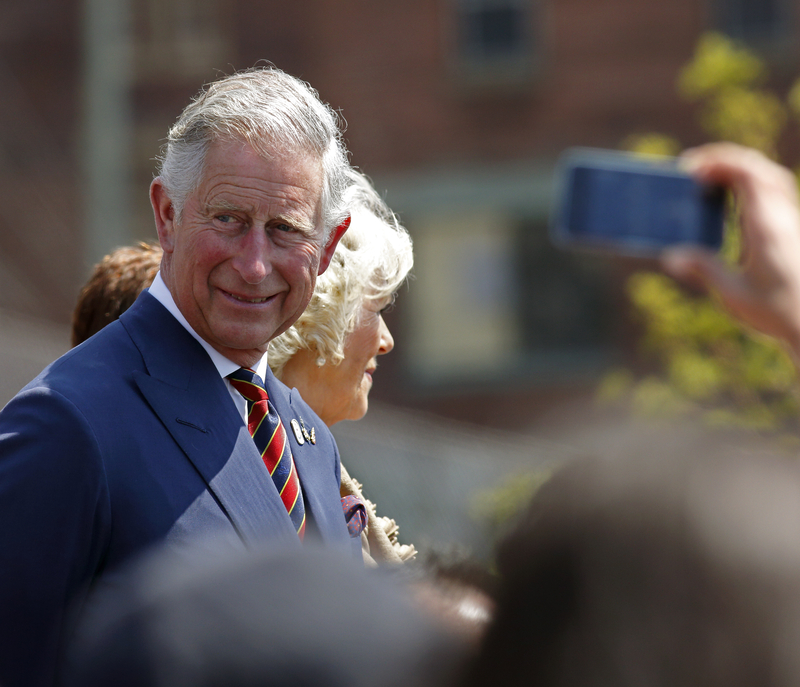Today, Tuesday, November 6, the United States is going to the polls. It's election time. Yep, again.
If you're sitting there thinking, Didn't they just have a national election? You're right, they did. In November 2016, Donald Trump was elected the country's 45th president. The next presidential election isn't until the year 2020.
But there are very big elections happening all the same—the midterms! (They're called this because they happen in the middle of a president's term.) Some experts are saying that this is actually one of the most important election days in U.S. history. But how is that possible if the president is staying put?
To understand why, let's take a quick look at politics right now in America ... and beyond.
Polar regions
The large attendance at public protests such as the Women's March in Washington shows how passionate many are about current issues. (Getty Embed)
We live in very interesting times with many big issues facing us—these include the environment, civil rights, women's rights, immigration, energy, and more. There are very different opinions out there about how each of these issues should be handled. And this has led to a condition that you've probably heard mentioned a few times: polarization.
In a nutshell, polarization means that people's ideas of how to solve these issues are extremely far apart from one another. Just like the opposite poles on a magnet. As you might guess, these differences make it difficult for people to work together.
What's at stake?
What's at stake? Control of this building—the U.S. Capitol Building, a.k.a. the home of Congress—for one! (Getty Embed)
The President of the United States doesn't rule on his own. This person needs the approval of an institution of elected representatives called Congress. Congress itself is made up of two smaller groups: the Senate and the House of Representatives. For the past two years, Trump's political party, the Republicans, have held a majority in both the Senate and the House. This majority means that the president hasn't needed to compromise too much.
But in the midterms, all of the people in the House (who are each elected to two-year terms) and one-third of senators are up for grabs. You can begin to see why people care so much about these elections. Even without changing the president, they can greatly change the direction of the government.
Record-breaking campaigns
A record number of people have already voted in these midterms. (Getty Embed)
This fact isn't lost on anyone. Across the country, record numbers of early voter ballots—over 30 million of them!—were already cast before today. The elections have also drawn many ground-breaking candidates, including the possibility of the:
- first black female state governor (Stacey Abrams, Georgia)
- youngest woman ever elected to Congress (Alexandria Ocasio-Cortez, New York)
- first Indigenous woman in Congress (Deb Haaland, New Mexico)
- first Muslim woman in Congress (Rashida Tlaib, Michigan)
- and many more!
In short, how can you tell that these are more than your average midterms? Because not only are people talking a lot about them, they're doing way more than that. They're running in them and voting in them in record-breaking fashion.
 (© Michaeljayberlin - Dreamstime.com)
(© Michaeljayberlin - Dreamstime.com)









